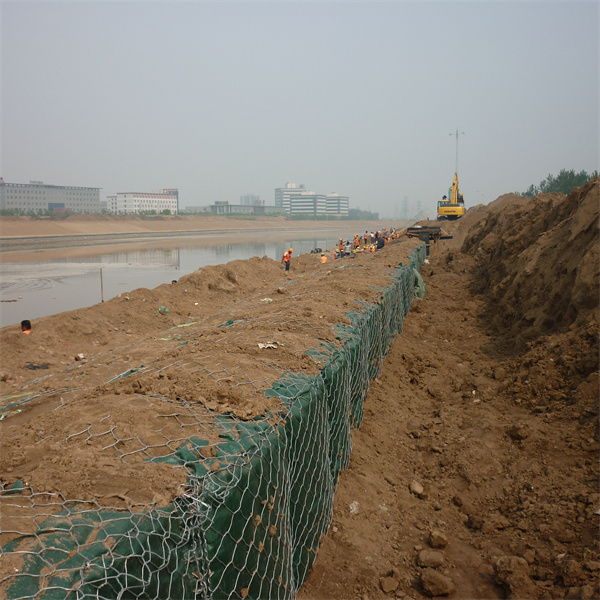Дек . 14, 2024 01:03 Back to list
Gabion Stone Cost Overview for Affordable Landscaping Solutions and Construction Projects
Understanding Gabion Stone Prices A Comprehensive Overview
Gabion stones, also known as gabion rock or fill stone, are a crucial component in the construction of gabions—wire mesh baskets filled with rock or other materials. These structures are widely used in various applications such as landscaping, erosion control, and structural foundations. The pricing of gabion stones can vary considerably, influenced by several factors that potential buyers should understand to make informed purchasing decisions.
Factors Affecting Gabion Stone Prices
1. Type of Stone Gabion stones come in various types, including granite, limestone, river rock, and basalt. Each stone type has a distinct look, durability, and price point. For instance, granite tends to be more expensive due to its high durability and aesthetic appeal, while limestone is usually more affordable but may not last as long in harsh environments.
2. Size and Weight The size and weight of the stones can significantly impact pricing. Gabion stones typically range from 4 inches to 12 inches in diameter, and larger stones may attract a higher price due to their availability and the cost of transportation.
3. Source of Supply The geographical location of the stone quarry plays a vital role in determining the price. Locally sourced stones are generally cheaper due to lower transportation costs, while stones that need to be transported over long distances may incur additional fees, increasing overall costs.
4. Quantity Purchased Most suppliers offer discounts for bulk purchases. Buying stones in larger quantities usually results in a lower price per ton, making it economical for large-scale projects. Conversely, purchasing smaller amounts may lead to higher costs per ton.
5. Quality and Grade The quality of the stone also affects pricing. Higher-grade stones that are more polished or certified for specific structural applications may come at a premium. Conversely, lower-quality stones might be less expensive but could compromise the durability and appearance of the finished product.
6. Market Demand Like any commodity, market demand can fluctuate, affecting prices. During peak construction seasons, the demand for gabion stones may rise, leading to increased prices. Conversely, during slower seasons, suppliers might lower prices to encourage sales.
gabion stone prices

Average Pricing
As a general guideline, gabion stone prices can range from $30 to $100 per ton, depending on the factors mentioned above. For instance, a ton of basic river rock may be priced at the lower end of this spectrum, while decorative stones or high-grade options can reach the higher end. It's essential for buyers to obtain quotes from multiple suppliers to ensure competitive pricing.
Tips for Buyers
When purchasing gabion stones, consider the following tips to ensure you get the best deal
- Get Quotes Always compare prices from various suppliers. This helps to establish a fair market price and allows for negotiation. - Consider Delivery Costs Check if the quoted prices include delivery or if there are additional charges. This can significantly impact the overall cost.
- Ask About Discounts Inquire about bulk purchase discounts or loyalty programs that might be available.
- Evaluate Quality Don’t solely focus on price; assess the quality of the stones to ensure they meet your project's requirements.
In conclusion, understanding the factors that influence gabion stone prices will empower buyers to make informed decisions. With careful consideration and research, consumers can find quality materials that fit their budget and project needs.
-
Visualizing Gabion 3D Integration in Urban Landscapes with Rendering
NewsJul.23,2025
-
The Design and Sustainability of Gabion Wire Mesh Panels
NewsJul.23,2025
-
The Acoustic Performance of Gabion Sound Barriers in Urban Environments
NewsJul.23,2025
-
Mastering the Installation of Galvanized Gabion Structures
NewsJul.23,2025
-
Gabion Boxes: Pioneering Sustainable Infrastructure Across the Globe
NewsJul.23,2025
-
Custom PVC Coated Gabion Boxes for Aesthetic Excellence
NewsJul.23,2025
-
Installation Tips for Gabion Wire Baskets in Erosion Control Projects
NewsJul.21,2025






